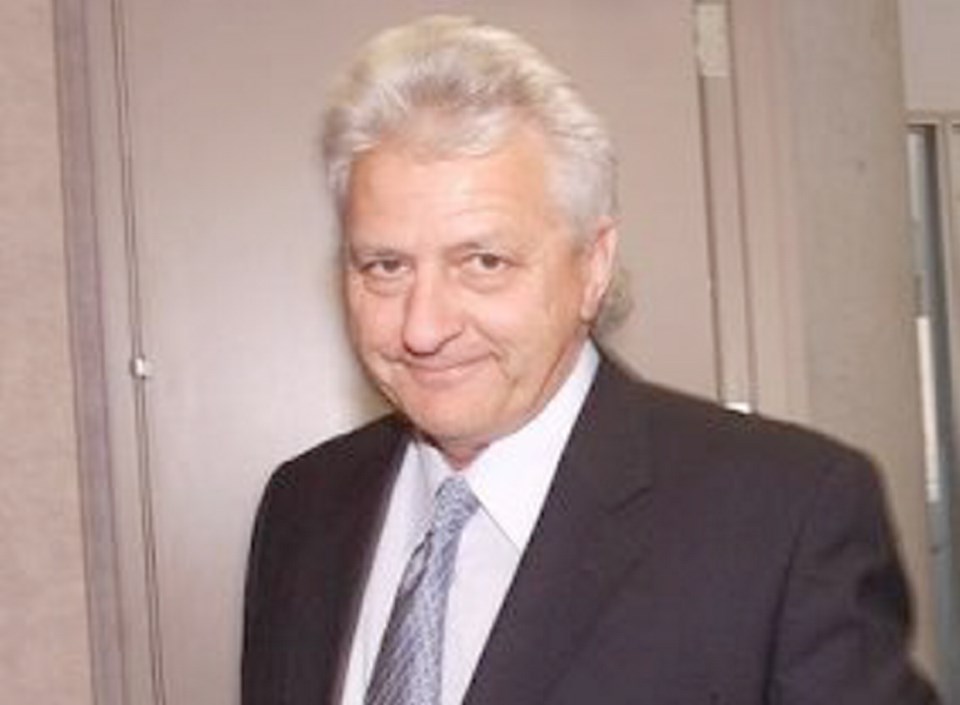Western Forest Products is investing $30 million to modernize Vancouver Island mills, with most of the money being spent at its Duke Point facility.
That Nanaimo sawmill is receiving $28 million worth of upgrades to make it operate more efficiently.
“Our harvesting strategies and continued demand for our western red cedar and specialty lumber products allows us to make the needed strategic capital investment at this time,” Western chairman Lee Doney said Thursday at Duke Point.
The Duke Point project will see the sawmill modernized and its planer mill upgraded. New automatic- grading technology will also boost productivity and reduce production costs. Installation at Duke Point has already underway and should be complete in 2016, said company spokeswoman Amy Spencer.
About 120 people are employed at the Duke Point operation, she said.
Another $2 million is being invested in the company’s Chemainus and Ladysmith sawmills.
The $30-million expenditure is part of a $125-million, long-term investment program announced in 2011, Spencer said.
Western Forest Products, the Island’s largest forestry company, is aiming to win more customers globally and enter new markets. The company owns seven sawmills on the Island, as well as two remanufacturing facilities. Its entire logging operation is also on the Island. Western acquired the assets of Doman Industries in 2004.
The company currently ships to 28 countries, has 2,000 employees and works with 1,500 contractors. Its mills have a combined production capacity of 1.1 billion board feet.
Western Forest Products reported a profit of $27.6 million in its first quarter, an increase from $23.6 million in the same period a year ago, and more than double its profit in the final quarter of last year.
Rick Jeffrey, president and chief executive of Coast Forest Products Association, applauds the plans at Duke Point. “It’s a margin game on the coast. You’ve got to increase the value of your products and you’ve got to try and decrease your costs.”
Retooling the mill, which handles bigger logs, will allow the company to maximize the value of its wood and become more productive and more competitive, he said. This positions it to take advantage of markets as they improve.
More than half of the coast’s production volume goes to Asia-Pacific markets, Jeffrey said. The Chinese market has stabilized and the U.S. market has been choppy as prices went up and down.
He is optimistic markets for coastal wood will grow as B.C. promotes using wood in construction, particularly in taller buildings.
Premier Christy Clark said forestry continues to play a vital role in Vancouver Island’s diverse economy. “By making investments and staying competitive, Western Forest Products is ensuring jobs stay right here in Nanaimo — jobs people can depend on to raise a family.”
Steve Thomson, minister of forests, lands and natural resource operations, said it is encouraging to see the company invest in the future of the forest industry.
B.C.’s forestry sector employs more than 60,000 workers and has historically been a cornerstone of the province’s economy.
In April, the province announced it was giving $6.2 million to assist forestry trade associations to develop foreign markets. Initiatives include promoting wood-frame construction in residential and non-residential buildings.
On June 23, a B.C.-Korea trade and investment forum is being held in Vancouver to follow up on possibilities arising from the new Canada-Korea free trade agreement. The agenda includes looking at challenges and opportunities for B.C.’s forest industry in Korea.



